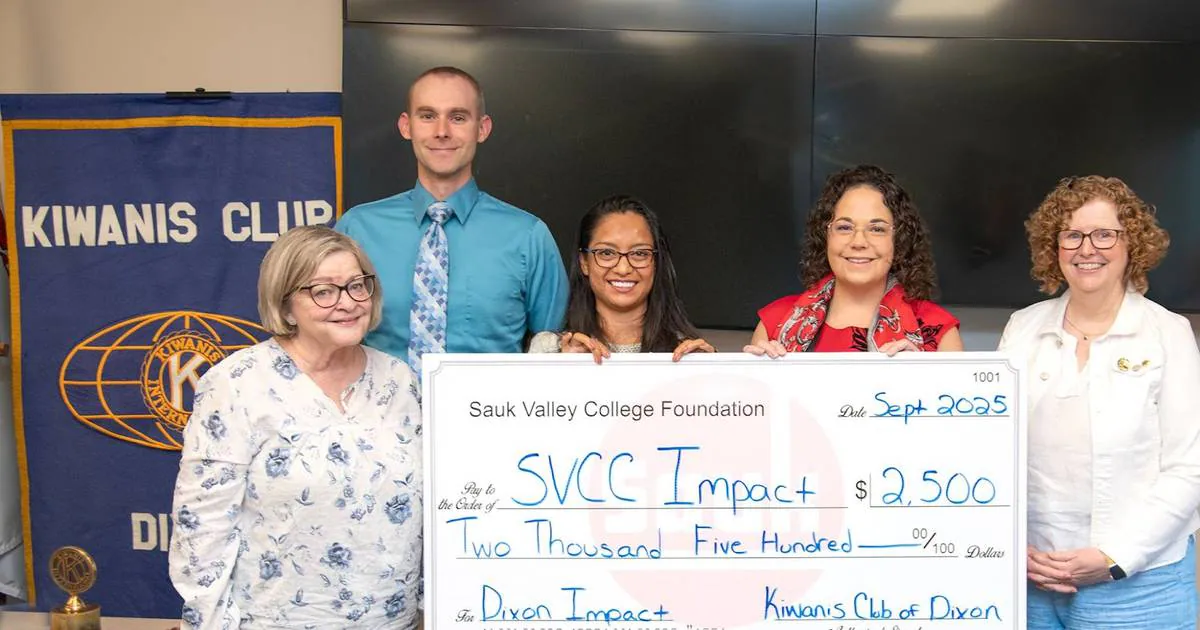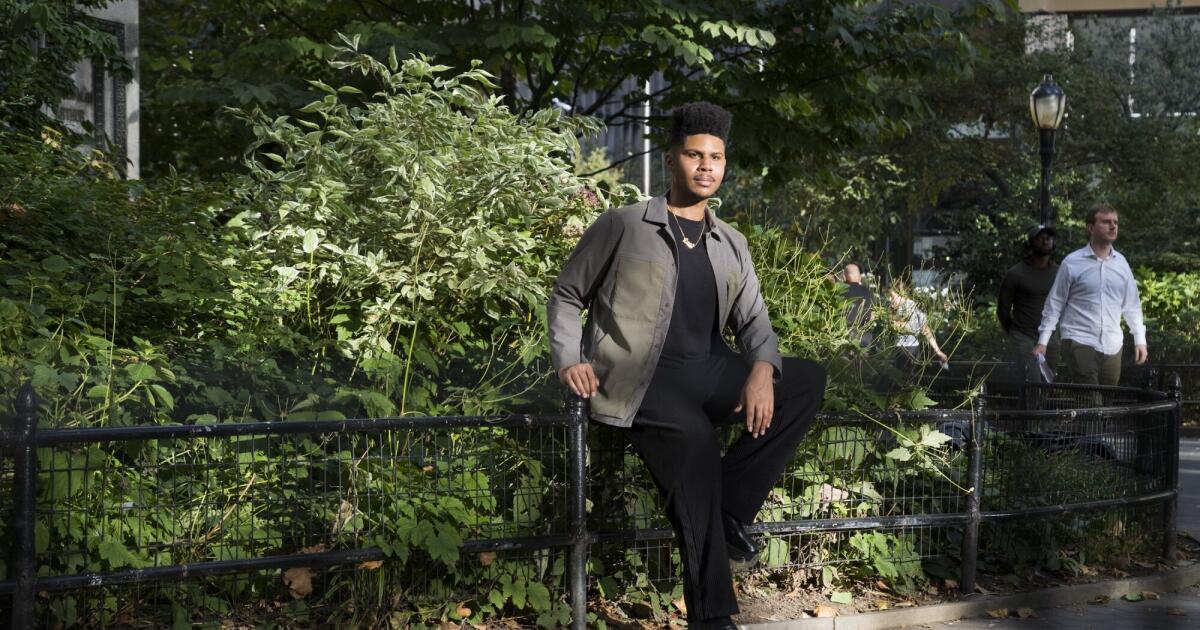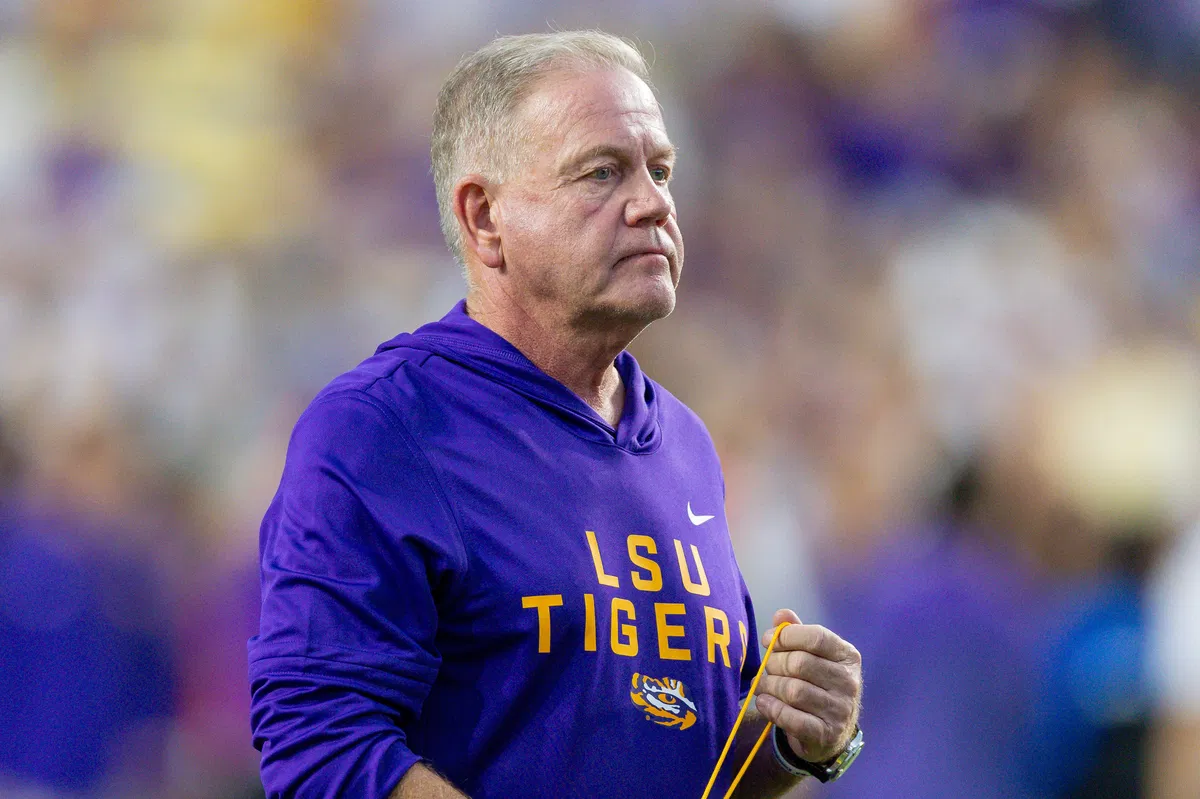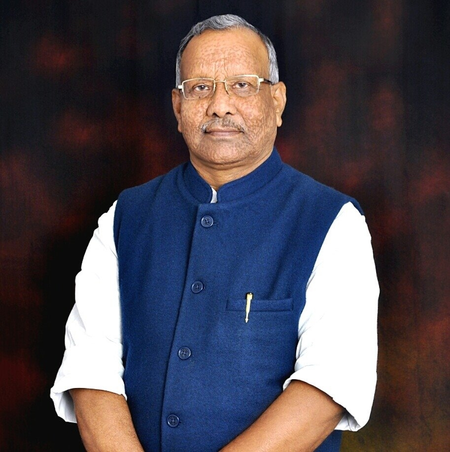Copyright gulfnews
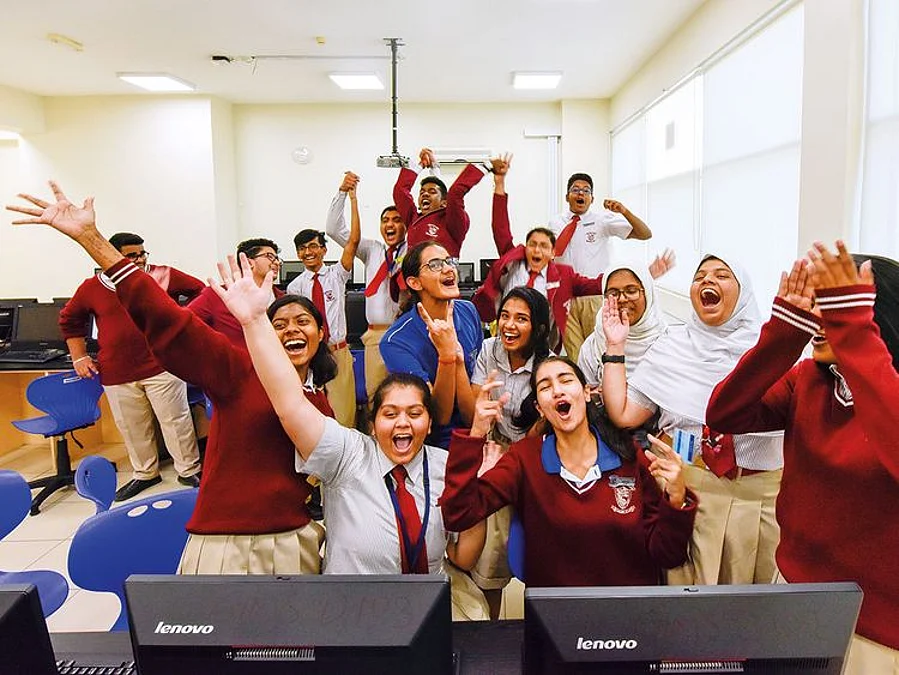
Dubai: Plans by India’s Central Board of Secondary Education (CBSE) for a possible rollout of its global curriculum in April 2026 are expected to reshape Indian schooling across 22 CBSE-affiliated countries, including the UAE and the GCC region.First reported by Gulf News on Wednesday, the move, announced in Dubai this week, marks one of the board’s most sweeping reforms in recent years.Once launched, schools in foreign countries affiliated with CBSE will shift to the global curriculum framework as part of an overhaul designed to make CBSE education internationally competitive and more aligned with host-country regulators.Big shift aheadExplaining the change, Dr Ram Shankar, director of the CBSE Regional Office and Centre of Excellence in Dubai and head of overseas CBSE schools, told Gulf News: “The existing curriculum will become different. It will be more contextualised. It will be more aligned with the regulators’ provisions globally.”.The revised framework, he noted, will include globally benchmarked components while preserving CBSE’s core philosophy. “It is not a comparison. We will have the global level curriculum, and it will be best in its field,” he said.Students impacted in GCC and beyondThe global curriculum will apply to all CBSE-affiliated foreign schools, while international schools linked to other boards will reportedly also have the option to adopt the new framework.According to the latest available figures, the shift will affect more than 476,000 students worldwide, of which around 450,000 are in the GCC alone. The change will also involve over 30,000 teachers globally, including more than 28,500 in the GCC, who will need to implement the upgraded academic structure.The UAE remains CBSE’s largest overseas hub with 106 schools, enrolling more than 225,000 students supported by over 15,000 teachers.New global schools in UAEConfirming the move to launch new schools following the new curriculum in the UAE, Dr Ram Shankar added: “That is why we met the regulators to gain a better understanding so that new schools may come here with the best facilities and best practices.”During the first international and 31st annual conference of Sahodaya School Complexes in Dubai, where the global curriculum was announced, senior regulators and officials from the GCC Ministries of Education, including Oman, Bahrain, Kuwait, Qatar, and the UAE – represented by Dubai's Knowledge and Human Development Authority (KHDA), Abu Dhabi Department of Education and Knowledge (ADEK), and Sharjah Private Education Authority (SPEA) – held constructive discussions with senior functionaries from CBSE, the Government of India, and the Consul General of India in Dubai on the forthcoming curriculum.Additional changesThe curriculum redesign was announced alongside CBSE’s expansion of the 360-degree Holistic Progress Card (HPC) for the middle stage, which aims to replace traditional marks-centric assessments with broader indicators of student growth.As Gulf News reported, the HPC framework will increasingly evaluate cognitive, socio-emotional, and psychomotor development, supported by peer review, self-assessment, and stronger home–school collaboration.Both reforms reflect CBSE’s planned move towards a more internationalised, skills-intensive, and future-ready education model, aligning academic goals with global regulatory expectations across multiple regions.Progressive alignmentCommenting on the reform, Punit MK Vasu, CEO of The Indian High Group of Schools in Dubai, said the updates signal a modernising board that is adapting to the world’s changing educational demands.“The proposed global curriculum and the Holistic Progress Card (HPC) are exciting developments from CBSE, reflecting a modern, progressive board that is in sync with a rapidly evolving education landscape. These initiatives aim to prepare students for the future, moving beyond traditional grading to embrace a holistic, multidimensional approach to learning and assessment.. “With the UAE opening its doors for people from all over the world to settle, it is important that our education system remains alert and responsive to global changes. Nation-building relies on the ability of its population to drive commerce and industry and sustain a competitive advantage. It is therefore incumbent on our education system to equip students with the latest knowledge and skills, ensuring equal opportunities for them to contribute to this process.”Future-focused learningHe said the revamped curriculum is designed to reflect real-world needs. “The global curriculum provides students with a progressive learning framework aligned with the demands of the modern job market, including the increasing influence of artificial intelligence (AI).”“School leaders and educators eagerly await its launch and are committed to its successful implementation, emphasising careful planning and responsibility to safeguard students’ learning outcomes.”Enhancing all-round developmentHe pointed out that the HPC will play a major role in enhancing all-round development. “By incorporating self-assessment, peer feedback, and teacher evaluations, it fosters a learner-centric environment that recognises each student’s strengths and areas for growth. This initiative also strengthens the partnership between home and school, enabling parents, teachers, and students to collaboratively support holistic development.”Highlighting the broader significance of the change, he added: “Both initiatives reflect CBSE’s deep commitment to cultivating 21st-century skills such as critical thinking, creativity, communication, and collaboration — essential for the dynamic world students will navigate.”.Indian schools in UAE, GCC to follow new CBSE global curriculum from April 2026.UAE: India’s CBSE expands 360-degree report cards for holistic student assessment
